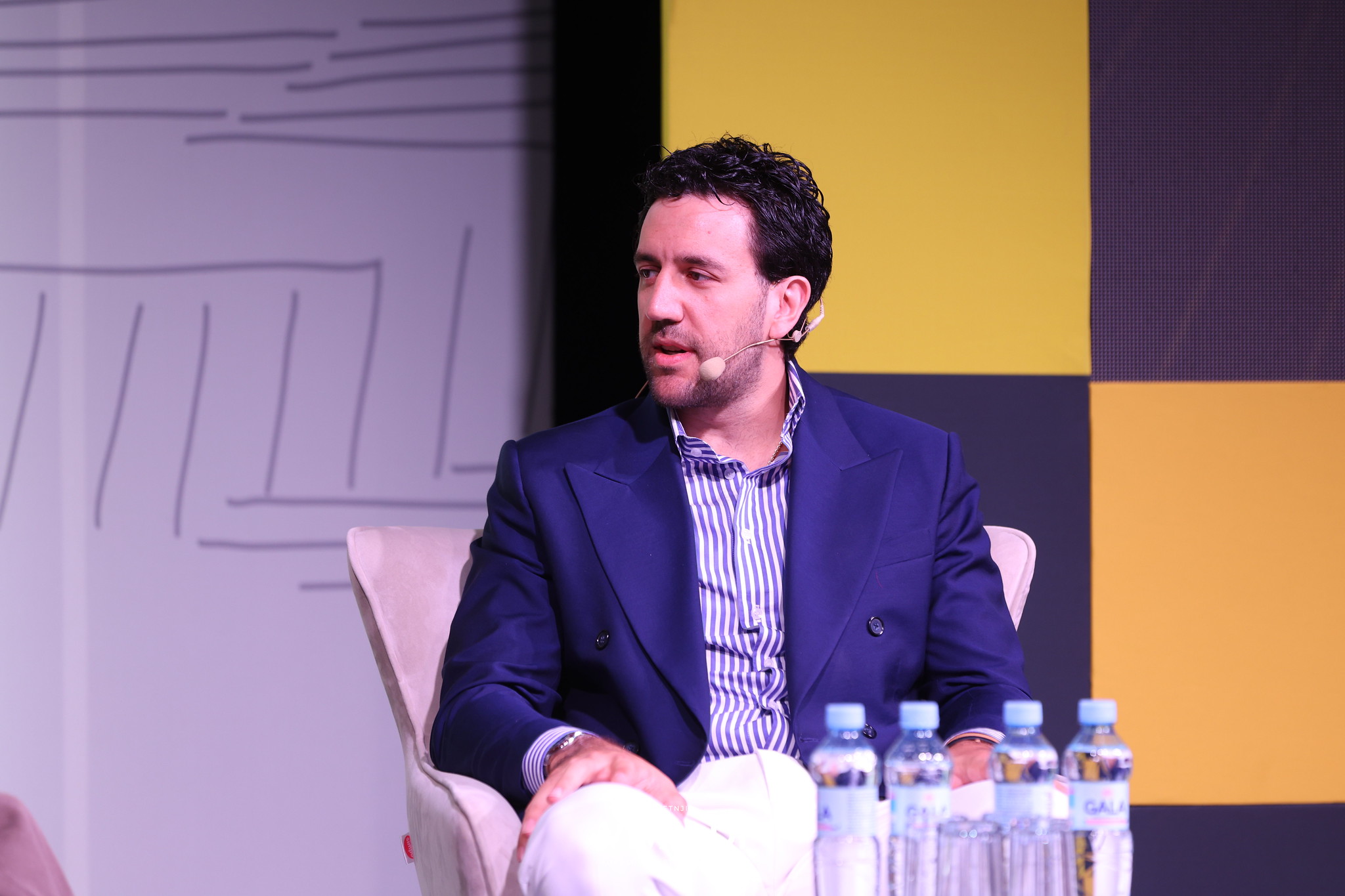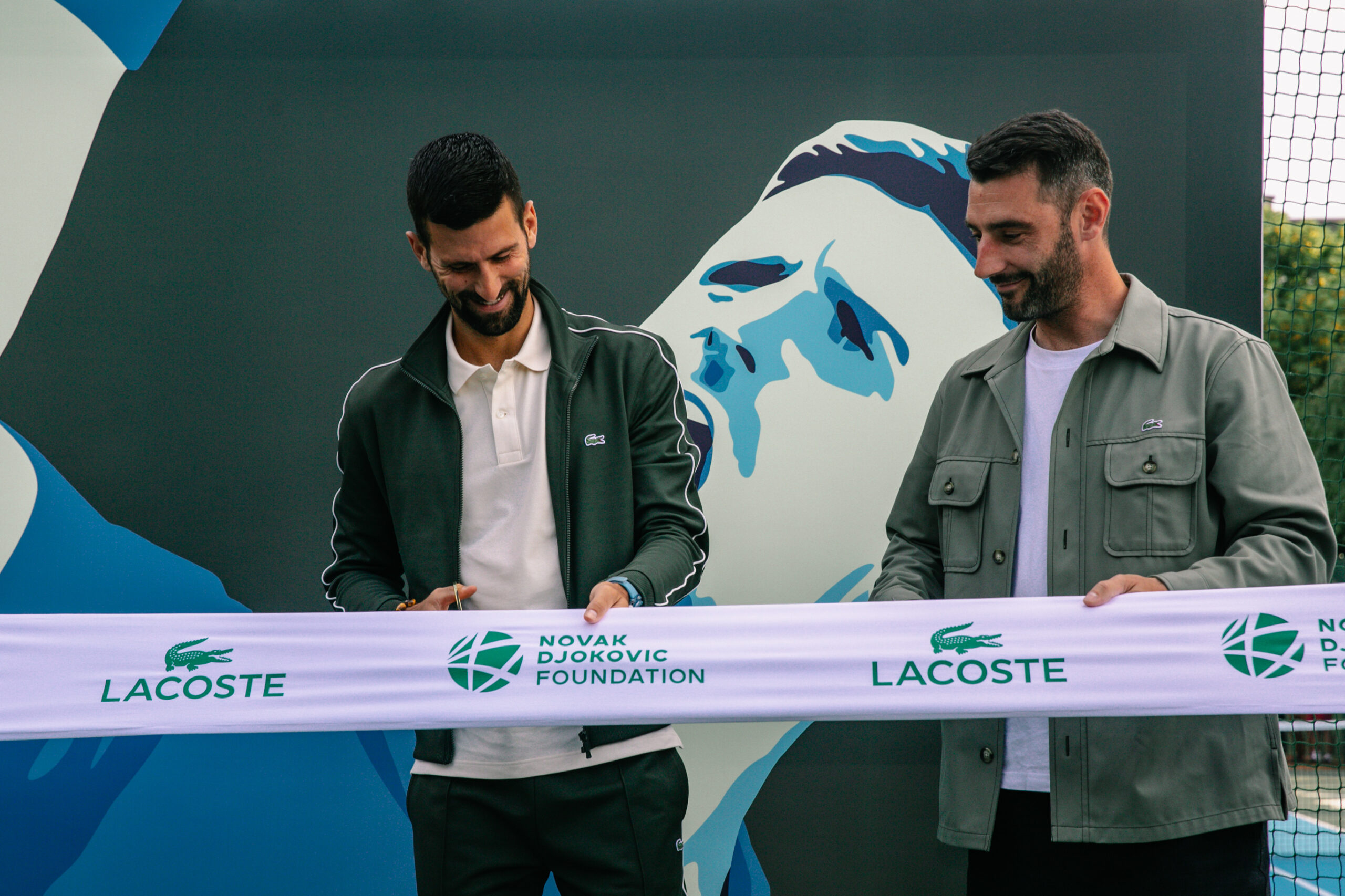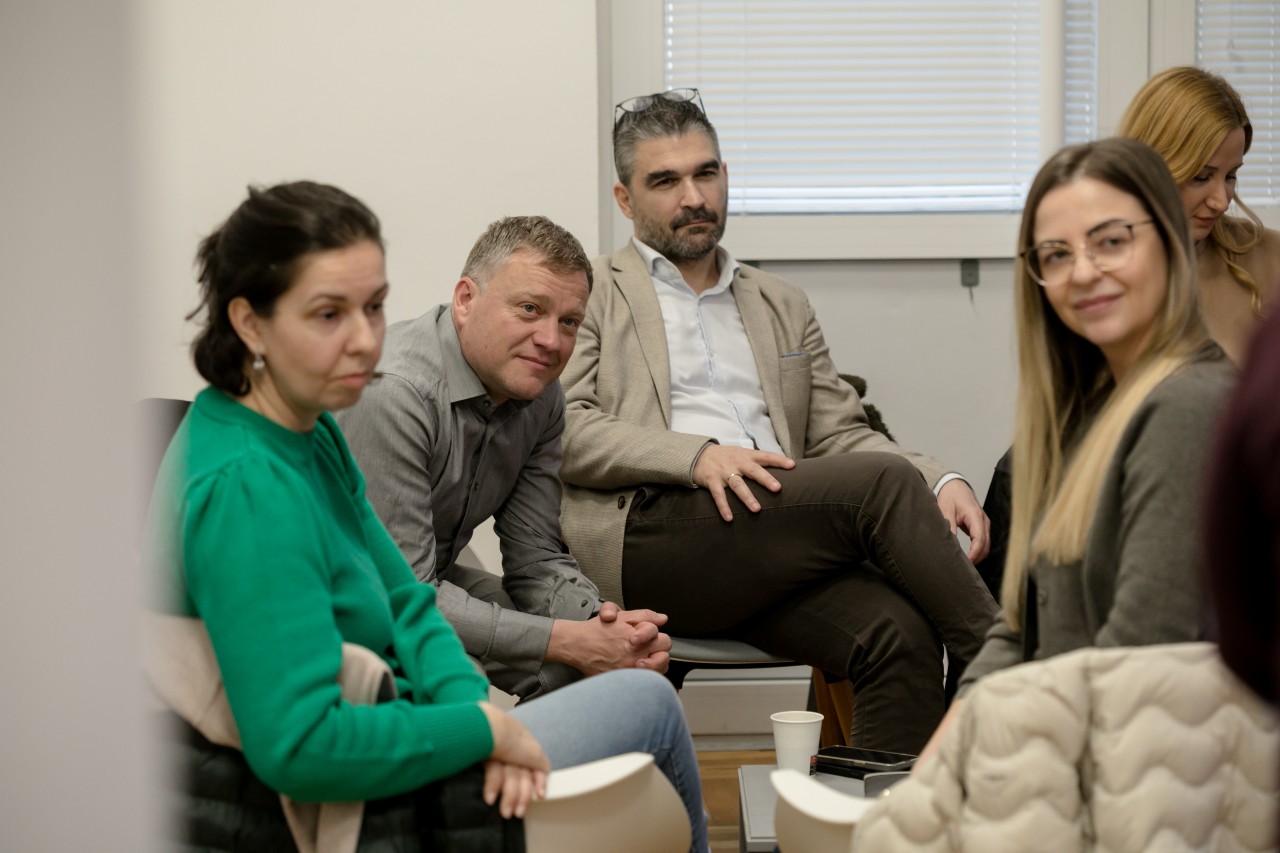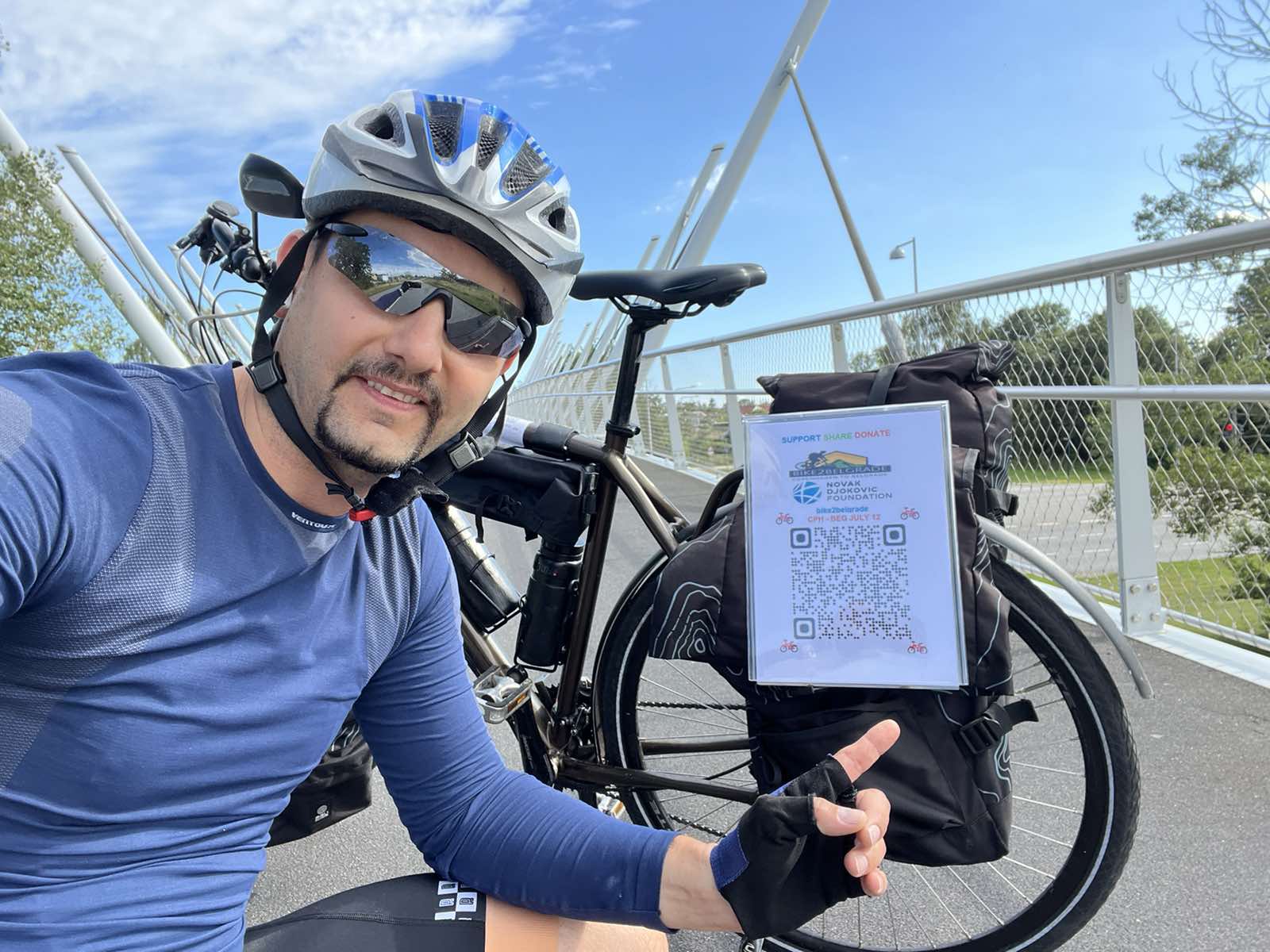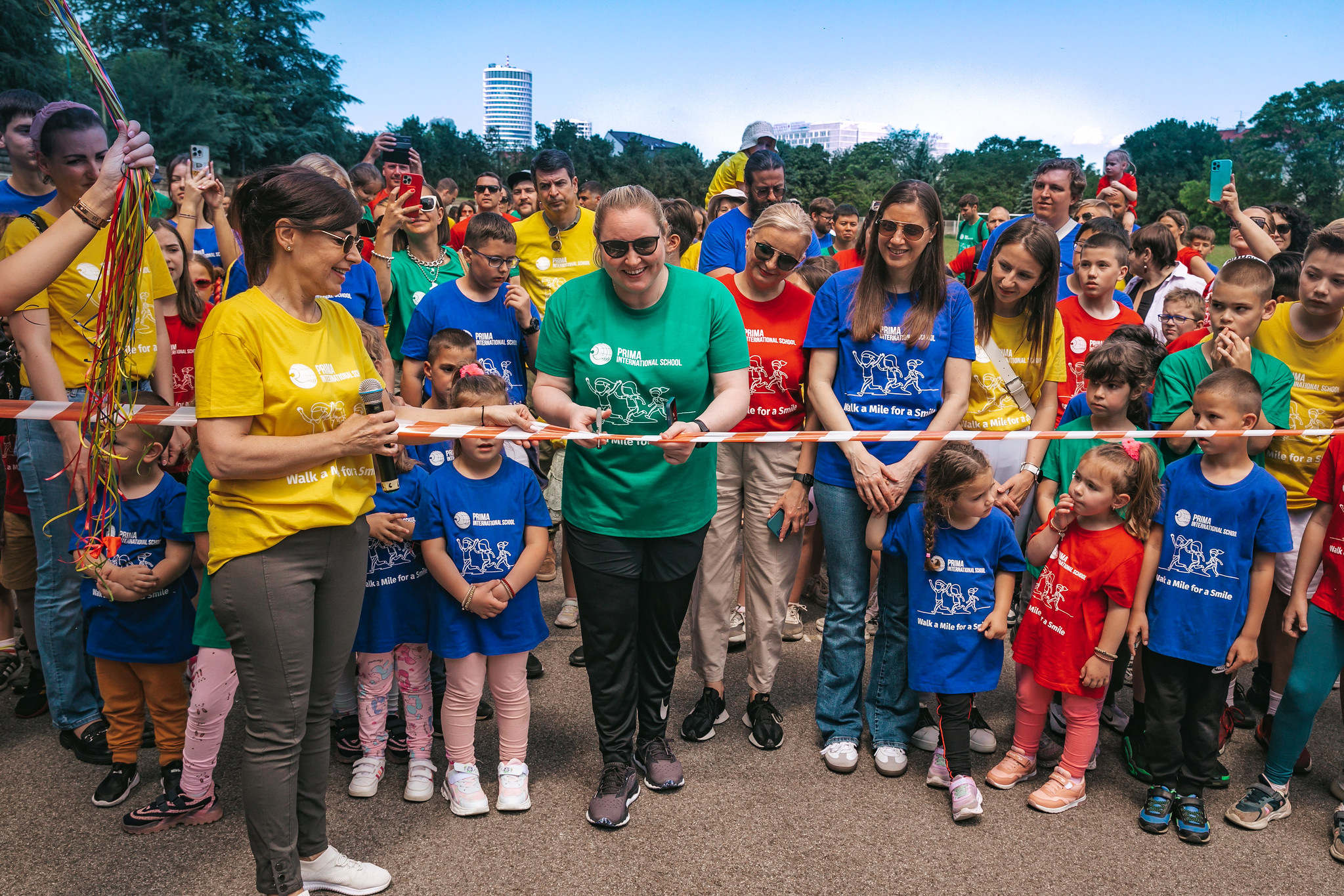Research is unequivocal on the importance of healthy, trusting relationships between adults and kids – especially in the early years. From brain development to language acquisition, and emotional well-being, the roots of our growth are anchored in deep attachments with caregivers.
Parental Self-Doubt and Common Questions
Anxious to provide for a child’s attachment needs, parents have now become self-conscious about their relationships with kids. Self-doubt looms like a shadow leaving us preoccupied with questions about our ability to provide for a child.
- What does a good relationship look like?
- How can you set limits and restrictions and preserve connection?
- How much attention is enough?
- Can you give a child too much attachment?
- Are our children doomed if we struggle to connect with them?
What Defines a Good Relationship?
One of the most prevalent questions parents have is what is the nature of a good relationship between adults and kids? The term ‘secure attachment’ is often used as a benchmark, based on the work of John Bowlby. However, in truth, no relationship or individual is secure from the futilities and separations in life.
Resting in Our Care
The purpose of attachment is to ensure a child is dependent on us so that we can be the answer to their needs, and they are receptive to our care. The better question to ask is: what can we do to ensure a child rests in our care? What is at the root of making sure they feel safe enough so they can feel, play, and grow?
The Misguided Approach of Modern Parenting
When it comes to taking care of our kids’ attachment to us, parenting and educational practices in North America have taken a wrong turn. We now directly ask a child or teen questions like, “Do you feel safe or loved by me?” or “What do you need from me to feel safe or loved?”
Taking the Lead as Caregivers
Children were never meant to be responsible for making themselves feel safe or loved. The nature of attachment is cascading, meaning children orient, follow, and seek out contact with their caretakers. We need our kids to rest in our care and take for granted that it will continue despite their conduct and performance.
The Role of Instincts in Parenting
We are born with natural provider instincts, which are at the root of our desire to help a child feel safe. The problem is that the more we express our loving intentions and ideas directly, the more it can backfire on us.
The Wisdom of Natural Parenting Practices
Attachment works best when it is more invisible and felt as natural. We have been taking care of our kids long before there were parenting experts and developmental science. For thousands of years, ancient parenting practices included singing lullabies to get kids to sleep or providing food for them.
Nature’s Pairing of Parents and Kids
Nature was wise in her pairing of parents and kids. The desire to connect is in both of us, with a child’s love for us empowering us as their caretaker.
Embracing Vulnerability as Caregivers
The key to relationships is seemingly paradoxical – it is not to overthink our attachment needs but to embrace the vulnerability that is part of becoming the answer to a child’s greatest hunger.
Inspiring Dependence, Not Overthinking
The key to taking care of a child is to inspire their dependence on us. It means we don’t need to ask them too many questions but instead notice what they need and move to provide.
Conveying an Invitation to Exist
It’s about conveying an invitation to exist in our presence that doesn’t come at the cost of emotional expression.
What It Means to Truly Matter
Perhaps the better question to ask ourselves is how do we know when we matter to someone? What do they do that conveys to us that there is a generous and warm invitation to be close?
Understanding as an Expression of Love
What I know for sure is the times I felt I mattered most are when I felt understood and seen. Understanding is another word for love, and love is the greatest need we have for survival.
Love is already in us to give; we just need to show up and say, “Yes, I will.”
Photo: Shutterstock
Read previous article written by Deborah MacNamara
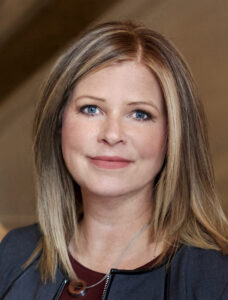
Dr. Deborah MacNamara is an author, clinical counselor, and faculty member of the Neufeld Institute, founded by Dr. Gordon Neufeld. Her books, Rest, Play, Grow and Nourished, have been translated into over 15 languages and are bestsellers. Deborah supports parents, educators, and professionals in understanding children and transitioning into parenthood.



